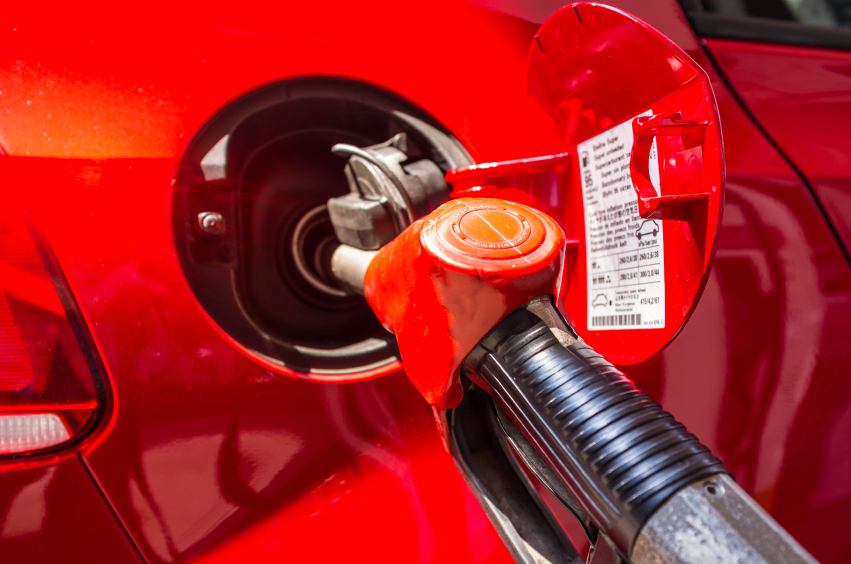Is it time to consider Petrol engines again?
Used Car History Check expert Cartell has advocated buying diesels for some time: principally because of overall affordability including taxation (based on lower emissions), higher fuel economy, and lower price of diesel at the pumps. Residual values are currently higher for diesels although these values are market-dependent: if the public move back to petrols then there will be a shift in prices. However we’ve been monitoring the petrol/diesel issue in the office for a good while and wondering whether petrol would resurge to its once dominant position in the market. Why did people buy petrol aspirated vehicles in such large numbers to begin with? They were cheaper to buy brand new. The difference can be slight or significant depending on the brand.
A BMW 3 Series shows no marked price differential between a 320i and a 320d for instance, but for many years Ford priced their Mondeo significantly higher for the diesel variant – such was market demand for diesel that Ford stopped selling petrol (the latest petrol engine variant is the Ecoboost which was never sold here as far as we can tell). As stated Diesel engines have lower emissions which made them more attractive to consumers from 2007 when it was announced that taxation bands would alter to reflect emissions. Diesels, historically, were considered to cause less mechanical issues and had a longer-life-cycle.
But is the petrol engine catching up? Petrol emissions are decreasing as the manufacturers turn their focus back to these engines. Petrol performance, for car enthusiasts, is still considered by many a purer form of driving and there are many people who would never drive a diesel for this reason alone. And now research is suggesting that petrol is a better long term affordability bet too. New price data from BCA shows that while volume diesel cars continue to enjoy a substantial average price premium over petrol in the wholesale market, their retained value is actually lower over a forty month cycle. Motortrader (UK) explains that typically the average used fleet and lease diesel model sells for up to £1,500 more than the average petrol car, broadly equivalent to a 25% premium. However, in terms of retained value compared to manufacturer’s retail price, fleet diesel cars average around 36%, compared to nearly 39% for petrol cars. Some of this is undoubtedly down to the sharp divergence in the average mileage covered during that time. For petrol cars it is around 30,000 miles, for diesel cars the average is nearly double that figure. But with average diesel MRP being around £4,500 higher than the equivalent petrol MRP, this tips the scales in petrol’s favour.
It’s an interesting finding.

Aiko says:
there have been electric cars that could halpipy drive at 100mph if you so wished.Performance has not been the problem, for getting an electric car into production in the pastThe main problem was the Oil companies bought up the patents . It was not in the interests of the Oil Companies to mass produce a car with no need of oil.But times are changing. We will soon see cars on our roads, with no emissions, some form of car that self charges as you drive.The technology already exists, dynamos on the axles, solar panels, storage cells are getting more and more efficient.new super bright LEDs on all the lights will reduce battery drain. The car will be lighter, new alloys and carbon plastics can be as strong as steel.Imagine an all electric car with lower running cost, lower insurance and tax, perhaps even lower parking costs.So if you want to see the cars sooner, make the politicians work , All new cars could be electric in less than 10 years, less than 5 if we push the governments and companies to do it.So whats next????Electric powered Aircraft? and pollution free skiesLets make it happen